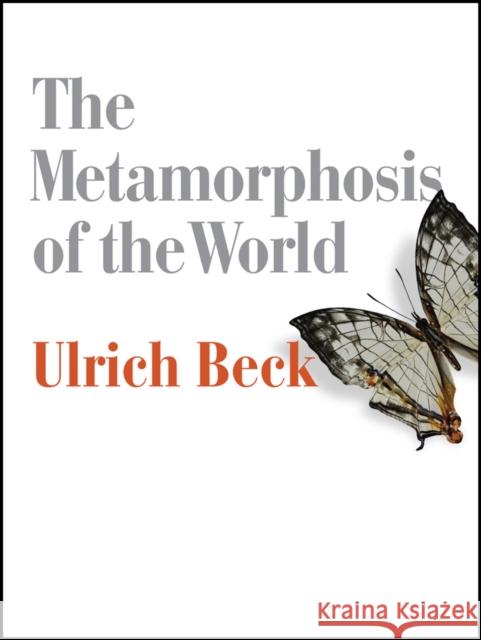Metamorphosis of the World » książka
Metamorphosis of the World
ISBN-13: 9780745690216 / Angielski / Twarda / 2016 / 200 str.
Metamorphosis of the World
ISBN-13: 9780745690216 / Angielski / Twarda / 2016 / 200 str.
(netto: 245,00 VAT: 5%)
Najniższa cena z 30 dni: 254,63
ok. 30 dni roboczych.
Darmowa dostawa!
We live in a world that is increasingly difficult to understand. It is not just changing: it is metamorphosing. Change implies that some things change but other things remain the same capitalism changes, but some aspects of capitalism remain as they always were. Metamorphosis implies a much more radical transformation in which the old certainties of modern society are falling away and something quite new is emerging. To grasp this metamorphosis of the world it is necessary to explore the new beginnings, to focus on what is emerging from the old and seek to grasp future structures and norms in the turmoil of the present.
Take climate change: much of the debate about climate change has focused on whether or not it is really happening, and if it is, what we can do to stop or contain it. But this emphasis on solutions blinds us to the fact that climate change is an agent of metamorphosis. It has already altered our way of being in the world the way we live in the world, think about the world and seek to act upon the world through our actions and politics. Rising sea levels are creating new landscapes of inequality drawing new world maps whose key lines are not traditional boundaries between nation-states but elevations above sea level. It is creating an entirely different way of conceptualizing the world and our chances of survival within it.
The theory of metamorphosis goes beyond theory of world risk society: it is not about the negative side effects of goods but the positive side effects of bads. They produce normative horizons of common goods and propel us beyond the national frame towards a cosmopolitan outlook.
- Before his sudden death in January 2015, Ulrich Beck was one of the world s foremost sociologists. This new book is the last book he wrote before his death; it was completed in December 2014
- In this book Beck introduces a new concept ′metamorphosis′ to describe what is happening in our world today.











